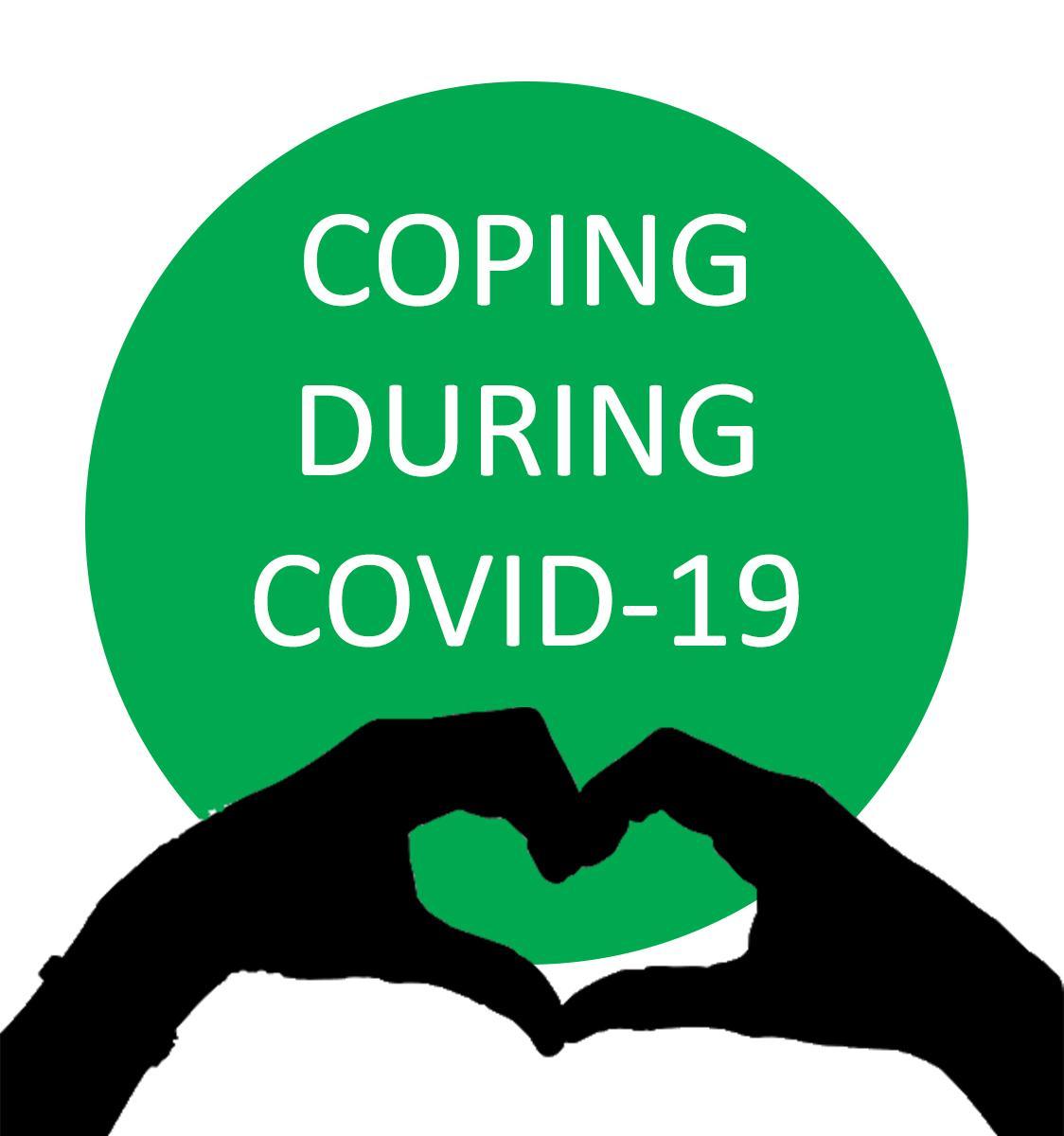Society’s stance on mental health has shifted significantly. For a long time, people with mental health conditions were stigmatized as being violent or “crazy”, which made it more difficult for people to reach out for help. Recently, our society has come to understand that there are a variety of mental health conditions, and most people either have or know someone that has a mental illness. As a society, we are now more open to discussing our mental health conditions and therefore the shame surrounding mental illness has decreased.
Since mental health conditions have become less stigmatized, we have all learned that taking care of your mental health is extremely important. Whether it is going to therapy, taking a self-care day, or taking prescribed medicine, we now recognize the importance of taking care of our mental health. However, taking care of your mental health during a pandemic can be exceedingly difficult, and mental health care professionals are working tirelessly to make sure that people have the adequate resources they need. Being quarantined and in isolation can cause a great deal of mental health problems, and for many people that can be difficult to manage. Mental health services, such as Didi Hirsch, have seen an increase in the number of calls to suicide prevention hotlines. Franklin Romero, who is a member of AFSCME Local 2712, trains individuals in suicide prevention and education. “We have seen a large request in training agencies and individuals who want to learn what to do and how to connect folks to hotlines when they are presenting with suicide warning signs,” says Romero, a Psychiatric Social Worker II. “We are definitely proud of the work we do, the connections we make in the community, and the ability to properly train people on how to address suicide, while taking into consideration culture, bias and resources.”
Since the beginning of the COVID-19 pandemic, people have been seeing an increase in symptoms such as depression, anxiety, stress, and helpless ness, and mental health professionals are adjusting the way they interact and treat their patients. Psychiatrists, clinical social workers, counselors, etc. have had to modify some of the ways in which they guide their patients. People who are used to attending group meetings and group therapy sessions now have to find a different kind of support. People whose main focus is to increase their socializing are having trouble doing so. Even the way people grieve has changed. Families are now saying bye and laying their loved ones to rest on Zoom or Facetime, instead of a funeral or other religious or cultural ceremony. This can greatly affect people’s normal grieving process.
Even with all of these obstacles, people have still managed to remain resolute and find different ways to cope. Stretching, meditating, and exercising are ways to help relieve stress. Finding new hobbies, reading books, and refraining from watching sensational news can help with anxiety. Staying in touch with family and friends can help you work through your feelings. If you’ve been struggling with finding coping techniques that work for you, you can always reach out to a mental health care professional. There are plenty of resources that you can use to find different ways to cope. If you live in Los Angeles County you can visit locator.lacounty.gov/dmh to help find a mental health care professional near you. The LA County Department of Mental Health has a list of COVID-19 related mental health resources to help people find ways of coping. For help right away you can call 1-800-273-8255. This crisis hotline is available 24/7. There are different ways to cope with this pandemic; we just have to find what works for us. We are going through unprecedented times, and it is okay to recognize your emotions and seek help. If we remain resilient, we’ll get through this together.

